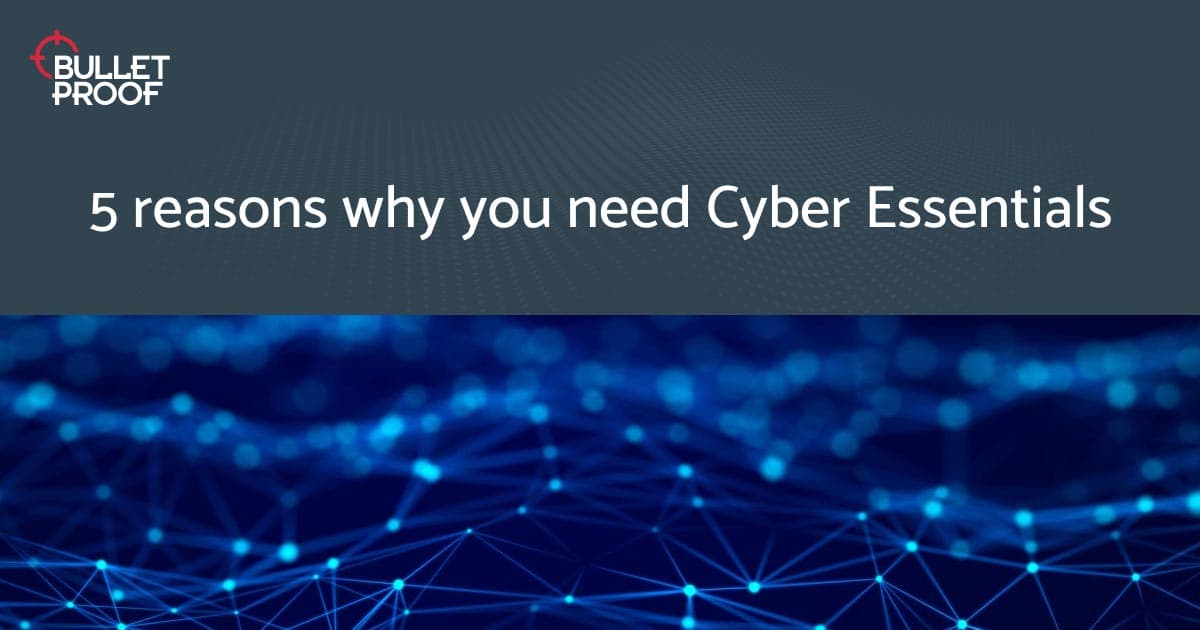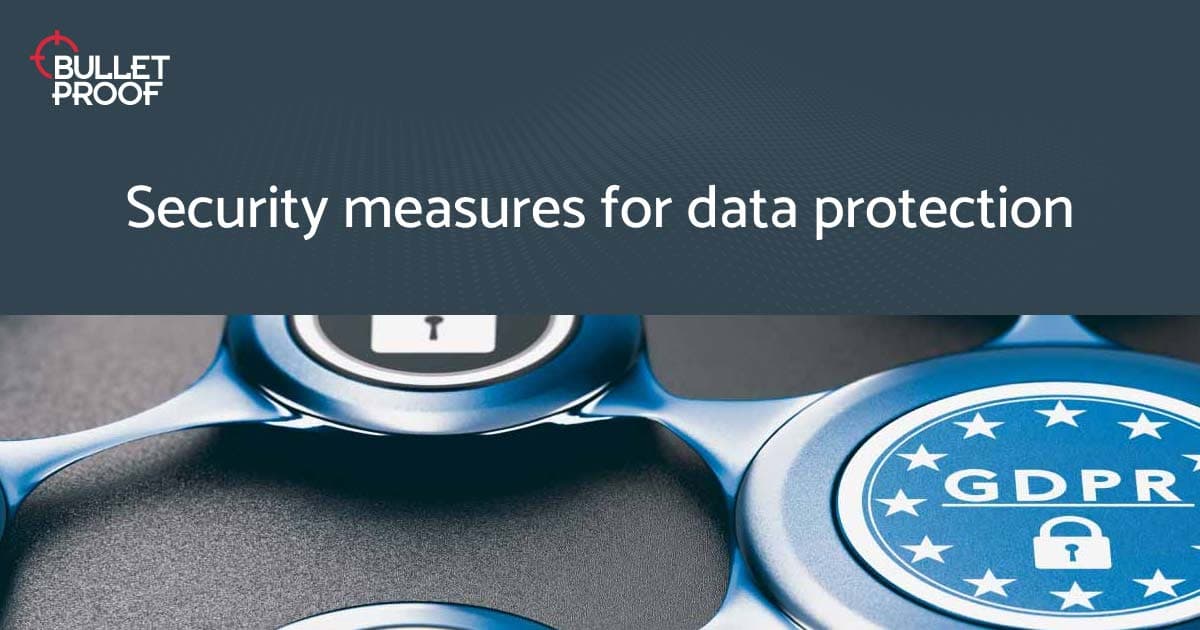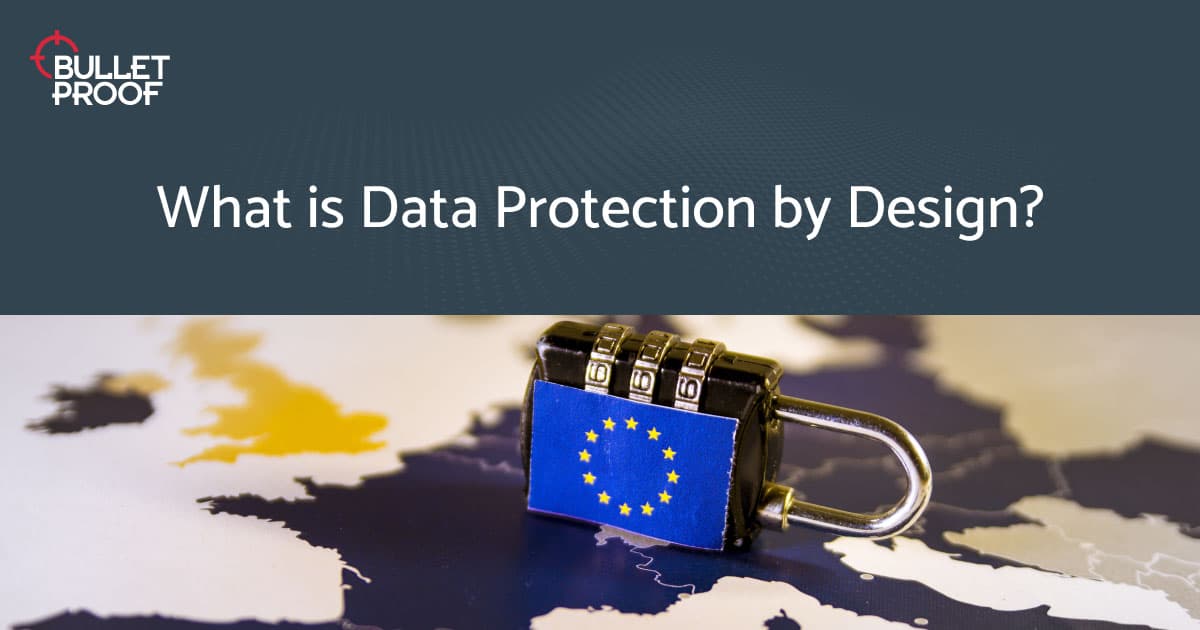What are data processing agreements?
What is a Data Processing Agreement (DPA)?
No-one would lend or borrow money without expecting some form of agreement to be in place covering the term, the interest, the repayments and so on. Even lending the garden hose to a neighbour comes with an expectation of it being returned at some stage and being returned in the state that it was lent. So, when organisations “lend” or “borrow” – share – personal data there are expectations: that some form of agreement will be in place and that the personal data will be treated appropriately.
This is the function of a Data Processing Agreement (a DPA).
DPAs are not optional – any company or organisation that shares personal data with third parties must have a DPA in place with all the third parties. In the real world, that means every company and organisation in the country. Common data sharing scenarios include:
Retailers sharing customer details to payment processors
Marketing departments emailing customers through a hosted mail application
Employers outsourcing services such as payroll or HR
Companies using third-party help desks or other support functions
Businesses using online office tools such as those provided by Google and Microsoft
The UK GDPR requires that all of the above scenarios (and all other data sharing operations) are covered by a DPA, and that DPA must as a minimum, include:
The parties' roles
Purpose of the data sharing
Type of data to be shared
Lawful basis for the sharing
Responsibilities for upholding individuals’ rights
Rules for formatting, retention and security
The standards set, such as how the Principles of the GDPR are to be upheld
Many online services and applications provide a DPA as part of their terms and conditions, and where this is not the case a DPA will be required.
Clipboard with checklist icon Want to find out more about the UK GDPR?
Bulletproof has helpful free resources for organisations looking to find out more about the UK GDPR. Why not download our educational white paper, watch our insightful webinar featuring our Head of Compliance, or view our interesting infographics.
Why are DPAs necessary?
A DPA between two parties sharing data is mandatory under the UK and EU GDPRs, and fines can (and have) been levied where DPAs are not in place. However, a DPA is a crucial tool in setting the expectations of and the rules for each party which:
Clarifies (in a legal document) roles, responsibilities and liabilities
Helps to ensure compliance by both parties to data protection regulations
Builds trust between parties sharing data, which in turn gives customers, employees and other data subjects confidence that their data is being treated lawfully and fairly
The golden rule is: if personal data is being passed between two organisations, then a DPA is required. However, there is one exception. Two or more companies that are defined by the GDPR as being Joint Controllers of a particular set of persona data (that is, they jointly decide the purpose and means of its processing) do not need a contract between them. However, they must have a transparent arrangement covering the agreed roles and responsibilities for complying with the UK GDPR and the main elements of the arrangement should be made available to individuals, for example in a privacy notice.

Case Study: What’s the cost of not implementing DPAs?
Following a complaint to the data protection authority, one of the German Supervisory Authorities learned that a small shipping company (acting as a data controller) did not have a Data Processing Agreement with its Spanish service provider. This was in breach of Article 28 of the EU GDPR. The shipping company was issued a €5,000 fine. Although small compared to other fines levied under the GDPR, this could set the standard and companies with numerous and complex data sharing arrangements may find that fines levied for not implementing DPAs can soon rack up.
Lessons Learned
Article 28(3) of the GDPR is crystal clear in specifying the need for a legal written agreement or contract whenever data is shared.
Customers, both consumer and corporate, expect agreements to be in place that detail how personal data is to be handled by third parties and many corporates will not do business with suppliers without a DPA.
The legal framework of a DPA builds trust and confidence.
Joint Controllers do not need DPAs but have other responsibilities.
The ICO’s Data Sharing Hub is a rich source of clear guidance and practical tools for organisations and businesses on how to share data lawfully, while protecting people’s personal information.
The golden rule is: if personal data is being passed between two organisations, then a DPA is required.
Final Top Tip
Ensuring that data maps and Records of Processing Activities (RoPA) are up-to-date is essential in keeping track of what data is shared, with whom and where Data Processing Agreements are required.

Get help with your data protection obligations
Bulletproof’s experienced data protection officers give your business on-going support and maintenance of your data protection obligations. Find out more about our flexible, cost-effective packages.
Learn moreRelated resources
Get a quote today
If you are interested in our services, get a free, no obligation quote today by filling out the form below.













